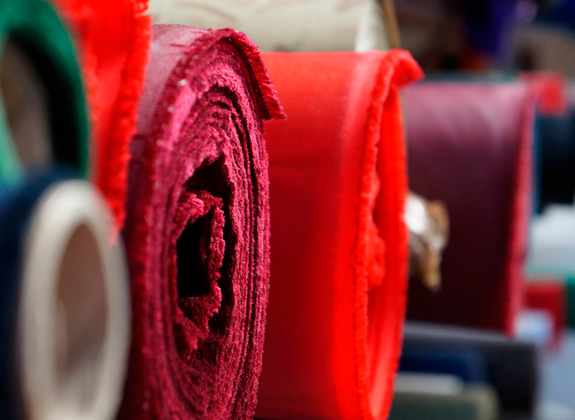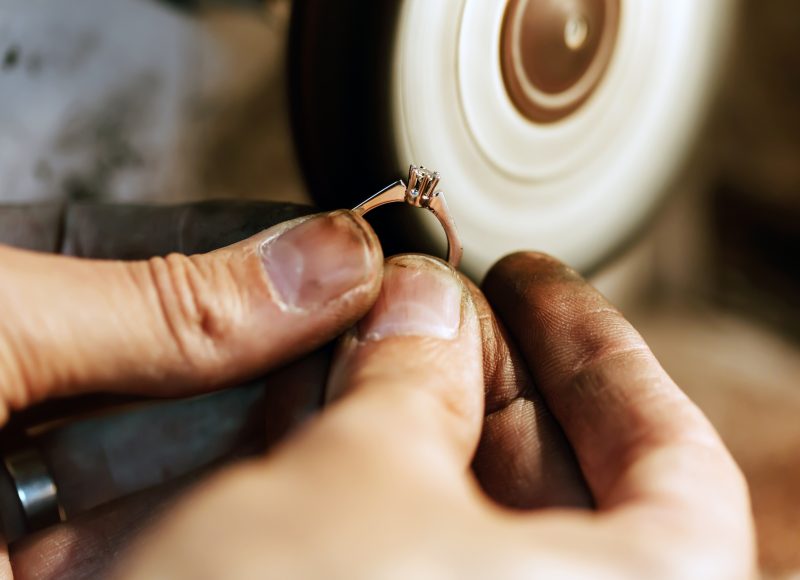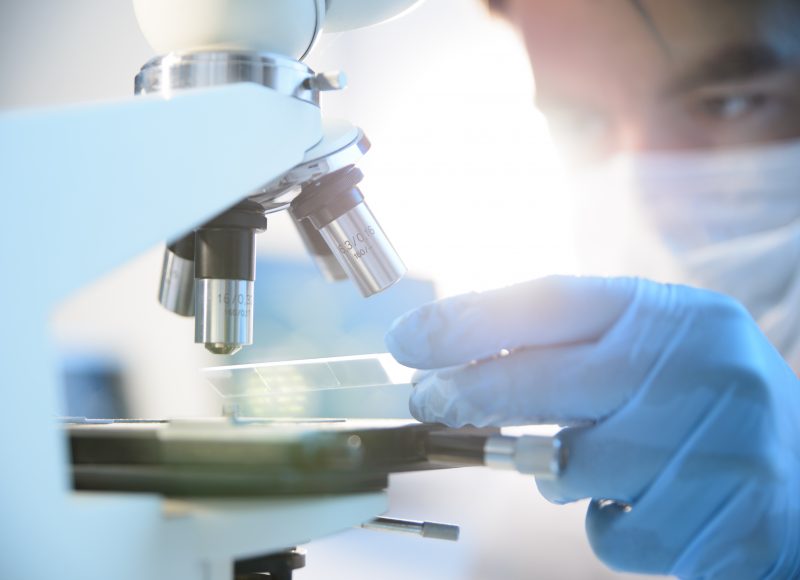Blog:
Innovation culture
I recently met a guy at a party who used to work for MI5. Not a Tom Cruise film, that is, though similar: the British internal security division. Spies! How exciting!... →
For general enquiries please contact us on
+44 1223 248888
enquiries2025@innoviatech.com
St Andrew's House, St Andrew's Road
Cambridge CB4 1DL United Kingdom
FIND US
Holistic innovation: reaching to the future. Sustainable textiles, the paradox of exclusivity, biotech: speeding to market and biotech: drug, device and data.
Innovia was founded in 1999 by a group of people who believed that the best results come through integration of diversity: diverse people, skills, perspectives, and clients.
This belief is still one of our core values today; we strive for truly holistic innovation. Here, we’ve brought together some examples of recent holistic innovation projects in the textiles, luxury and biotech sectors.

Sustainability has become an effective way to grow business and increase revenue. It has been known for years that Millennials, more than other generations, prefer to buy products that offer stronger sustainability attributes (according to Pew Research Center’s survey in 2011).
Millennials are also more likely to embrace recycling, which can create additional opportunities for retailers, such as facilitating return of old product. Some retailers have been able to increase revenue simply by providing recycling bins in store. People with unwanted old clothes are more likely to visit the store at the start of their shopping trip, when they have the most money to spend. This example shows how, with due consideration of behavioural science, return for recycling can become an intuitive part of people’s daily lives, as we explored in a two-day workshop with Invista.
So, what’s next? Consider the interplay of the following trends: consumers, especially younger, urban ones, are increasingly embracing ‘dematerialisation’ – they want fewer products in their lives. Volatility of raw material prices is increasing, and recycling technology is advancing quickly. Companies are building their commitment to the circular economy, in which products and materials are continuously reused. Localisation of manufacture is of growing priority to ‘close the loop’. It is becoming less appropriate to ‘dump’ unsold or old clothes on developing countries. So, in 10 years’ time, perhaps the concept of owning your clothes will seem antiquated. As Rent the Runway proclaims: ‘Own the moment, not the dress’. Perhaps landfilling old clothes will be illegal, and giving them to charity seen as irresponsible.

Luxury companies seeking to increase the sale of exclusive products often face a paradox.
Traditionally, exclusivity is achieved by using rare, precious materials – watches that contain moon dust, or perfumes containing exotic flowers. This is effective for very small, ultra-luxury markets. But the rarity of the materials makes it impossible to produce these products for a broader market. So how can you create products, services and experiences that are exclusive, but deliver them to a growing audience of potential consumers?
One way is to use advanced manufacturing technologies to create personalised products for each consumer. For example, for food products we recently showed how additive manufacturing creates personalised forms, flavours and texture experiences for individual consumers. Our successful strategy was underpinned by knowledge of what types of personalisation are most valued by consumers.

The biotech sector has seen an explosive rate of innovation. For biotech companies we have recently considered two focus areas: reducing the time from discovery to market launch, and ‘product + service’ opportunities.
What can these companies learn from other industries?
Faster scale-up would enable more frequent launch of personalised drugs or drugs for rare diseases (compared to today’s blockbuster model). The chemicals industry, well practised in production scale-up offers several analogies: sanitising surfaces, facilitating mixing, mediating between bulk and surface reaction, among others. Further from biotech, fast fashion and consumer electronics companies also provide insights into how to get to market faster, e.g. by releasing beta products to learn directly from the market, or by creating platforms that enable third parties to develop the product ecosystem, while boosting the business of the platform owner.

Biotech companies are beginning to explore opportunities in ‘product + service’ combinations. Consumer goods companies are a rich source of inspiration and have long been experts in delivering a broader consumer experience beyond the functional product.
An example for biotech is the bundling of drug and diagnostic, which supports new revenue models based on drug, device and data, working from the operating theatre to people’s homes. Another example is how drug manufacturers are helping pharmacies dispense prescriptions. Perhaps soon pharmacies will present customers with a single controlled-release pill that meters out the required mix of medications to treat different conditions. Similar innovations, are helping companies respond to ‘price for value’ models that put downward pressure on drug pricing.
Biotech is not alone; across the business world many of our clients are making strong use of analogies to accelerate the process of front-end innovation. Indeed, analogies are a fundamental part of holistic innovation. We hope that your teams are as excited about front-end innovation as we are, and look forward to hearing from you – what opportunities await your business in the near future?